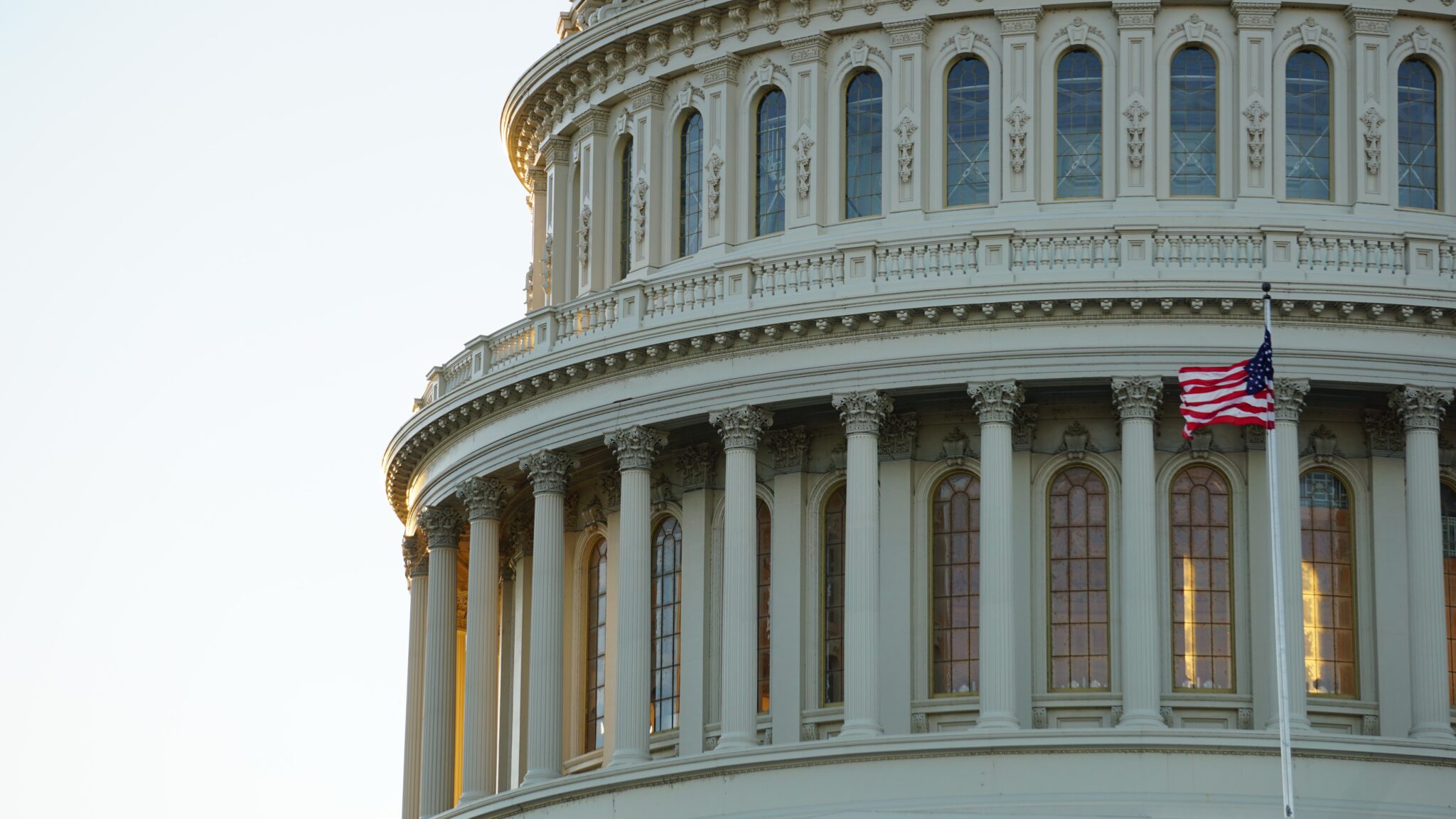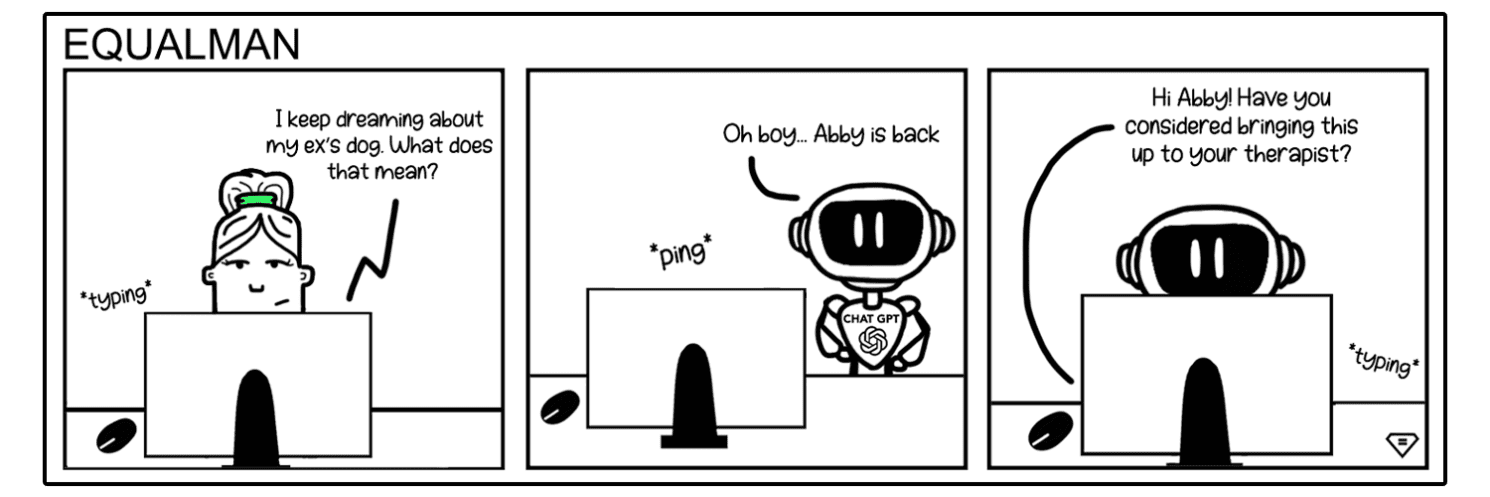OpenAI’s Sam Altman’s Congressional Visit Raises 3 Big Questions Around AI
OpenAI’s Sam Altman’s Congressional Visit Raises 3 Big Questions Around AI
Sam Altman is the CEO of OpenAI, a non-profit research company that promotes and develops friendly artificial intelligence in such a way as to benefit humanity as a whole. He is also the former president of Y Combinator.
Altman visited Congress on May 16, 2023, to testify about the risks and benefits of artificial intelligence.
Sam Altman’s visit to Congress has been met with mixed reactions. Some people believe that his testimony is an important step in the process of regulating AI and ensuring that it is used for good. Others believe that he is simply trying to protect the interests of his company, OpenAI.
1. Do We Need A New Federal Agency to Regulate AI?
Altman testified that he believes that the current regulatory framework for AI is inadequate. He argued that we need a new federal agency to oversee the development and use of AI, in order to ensure that it is used for good and not for harm.
2. Who Owns The Data That AI Trains On?
Altman also testified about the issue of data ownership. He argued that the companies that collect and control data have a responsibility to use it responsibly. He also said that we need to find ways to ensure that people have control over their own data.
3. How Much Will AI Influence the 2024 Election?
Finally, Altman was asked about the potential for AI to be used to influence elections. He said that he believes that AI could be used to spread disinformation and manipulate voters. He also said that we need to be prepared for the possibility of AI being used to interfere in elections.
These are just three of the big questions that Altman’s testimony raises. As AI continues to develop, it is important that we have a public discussion about the risks and benefits of this technology. We need to make sure that AI is used for good and not for harm.






